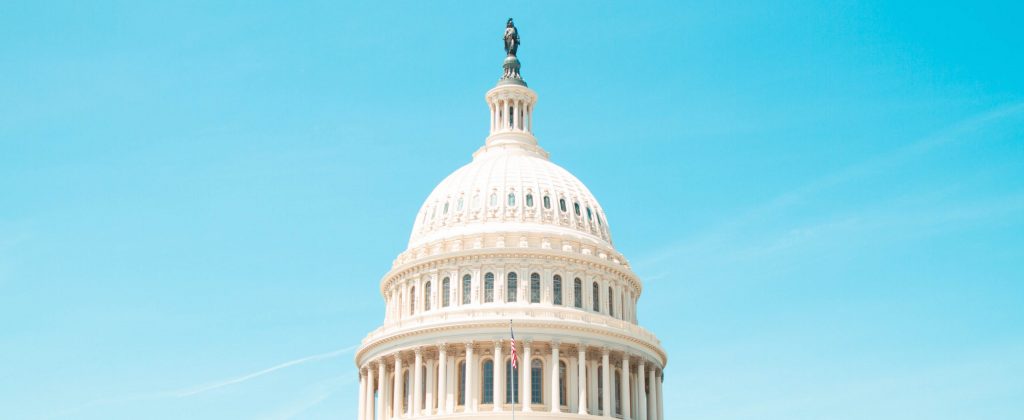No taxation without representation was the rallying cry for Americans during the War for Independence. Now, this motto is being used to justify statehood for Washington, D.C.
The push for making the district a state has been a Democrat platform point for years, gaining steam under the current Democrat-controlled Congress and Presidency. H.R. 51, the Washington, D.C. Admission Act, passed the House of Representatives in April along party lines.
The movement to turn the district into a state is simply a political stunt to gain an edge in a tightly divided Congress instead of addressing the actual problem.
Proponents are absolutely correct in asserting that citizens of the district should not be taxed without being represented. More than 712,000 people live in the district, and they deserve representation in Congress.
However, I believe that making a new state to combat this problem is a political hack move.
H.R. 51 would create the state of Washington, Douglass Commonwealth, composed of the district’s land except the monuments and government buildings which would become the new minimized seat of government. The 23rd Amendment, which grants the district three electoral points, would be repealed. The commonwealth would become the 51st state, having all the inherent rights and privileges, such as two senators, at least one representative and the corresponding electoral points.
Advocates for giving the district statehood care much more about the ever-valuable senate seats than anything, given the 50-50 split in the U.S. Senate. These guaranteed Democrat senators, (the district voted 93% for Biden), are the entire goal of this movement. Supporters know that any other solution besides statehood would lose the entire reason for advocating, which is why the statehood solution is the only one pushed in the Democrat Party.
There is an obvious solution to this issue: give the proposed Douglass Commonwealth to the state of Maryland, so the people are fully represented without politicizing the process for sake of a representative advantage.
The land used for the District of Columbia originally belonged to Virginia and Maryland to begin with. The official website for the district’s statehood even admits that “DC, Maryland, and Virginia work cooperatively on many regional issues,” but both states are simply “not interested.”
Of course they aren’t, because these states are both typically blue and are playing along.
In an alternate universe without political polarization and the need for a strong senate majority to pass anything, this solution would be extremely viable. It is a constitutional compromise that would solve the real problem—giving the district residents representation.
The House of Representatives is currently limited to 435 members by the Permanent Apportionment Act of 1929, so a new representative would be reapportioned and not added as a 436th member. Maryland would gain the 700,000 plus residents of the district, which would give them the likelihood of gaining a representative in the House when the next reapportionment would occur.
In this compromise, the Republican Party would lose at most one House representative but would not face the possibility of the Democrat stunt working. It would be a win for Republicans and also would provide representation to people that deserve it.
Unfortunately, the statehood movement is seeping with politics, not genuine concern. The people of the district will continue to be underrepresented due to the politicization of the movement for statehood. They are the pawn in a political move to gain Democrat senators.
Browder is an opinion writer.
